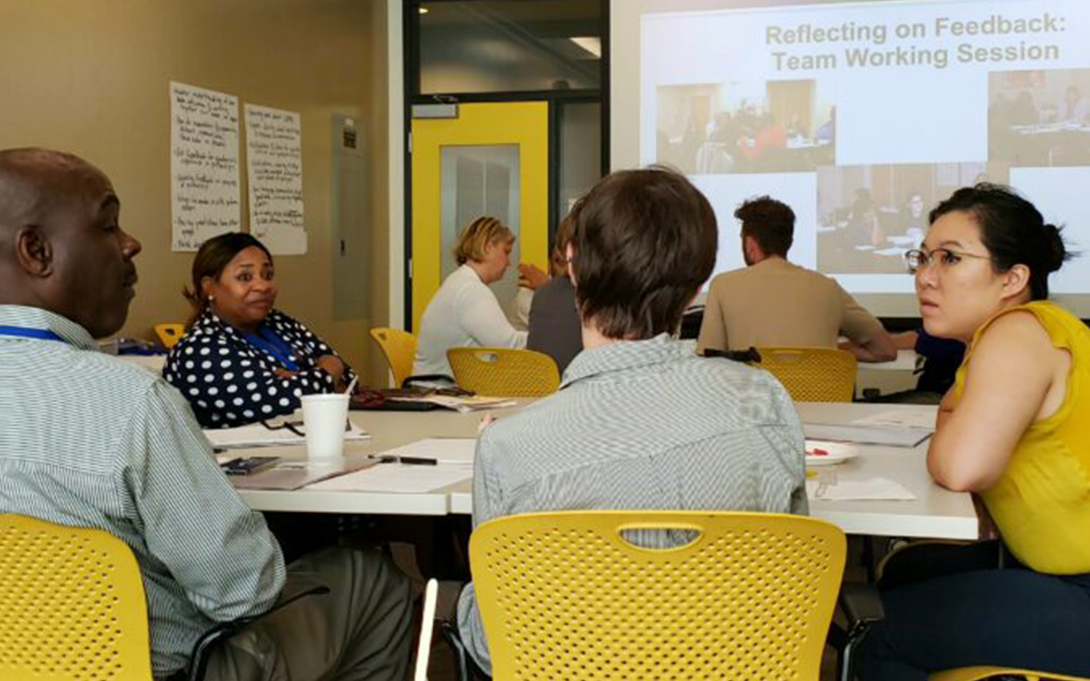
The 2021-22 academic year brings the University of Michigan’s Poverty Solutions initiative’s sixth round of faculty grants to support research on ways to prevent and alleviate poverty.
Research supported by Poverty Solutions has provided new insights on how discretion in the financial system contributes to marginalization and contributed to increased transparency in prosecutorial decision making.
Poverty Solutions will award up to five grants of $20,000 each on a rolling basis; there is no set deadline to apply for the funding. See the Request For Proposals for more details.
“At Poverty Solutions, we view poverty as the result of interlinked systems — housing, education, criminal justice, labor markets — that fail to function equitably for all,” said Poverty Solutions Faculty Director H. Luke Shaefer, who is the Hermann and Amalie Kohn Professor of Social Justice and Social Policy, a professor of social work, and associate dean for research and policy engagement at U-M’s Gerald R. Ford School of Public Policy.
“The failures of these systems are often the manifestation of structural discrimination, particularly structural racism,” Shaefer said. “To promote systems change, we must identify and confront the disparities that result from this legacy and seek just solutions that ensure equitable access to opportunity and resources.”
Poverty Solutions invites faculty at U-M’s Ann Arbor, Flint, and Dearborn campuses to pursue research projects that can inform existing policies, practices, or interventions meant to reduce poverty or research that lays out proposals for future policy directions. Junior faculty are encouraged to apply, and partnerships with faculty across multiple campuses are strongly encouraged.
Projects using either qualitative or quantitative data sources are eligible for funding. The grants can be used for self-contained research projects or as seed funding that may be leveraged to pursue larger external awards. Projects should be completed within one year of the funds being awarded.
Examples of possible projects for funding include (but are not limited to):
- Secondary quantitative data analysis that informs or examines poverty policy;
- Simulations of the effects of proposed policy alternatives;
- Small-scale evaluation of a pilot or existing intervention;
- Explorations of how recipients experience anti-poverty programs at the local, state or federal level; and
- Examinations of how contextual factors can shape the use of existing or proposed interventions, programs, or policies that seek to prevent and alleviate poverty.
For more information, contact PSGrantSubmissions@umich.edu


